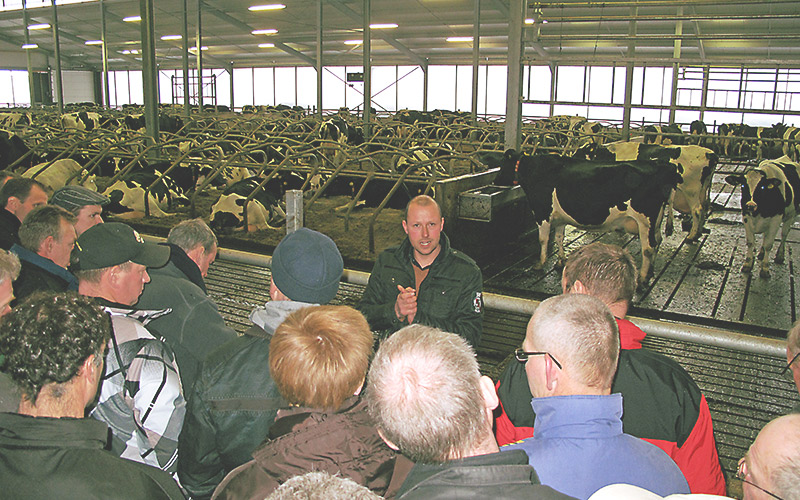LTO
Agro Covenant on Target in the Netherlands
Netherlands
In 2008, the Dutch agro sectors signed a Public-Private Partnership with the government entitled ‘Clean and Efficient Agro Sectors’, or the ‘Agro Covenant’ for short, setting out pledges to make the sectors more sustainable by 2020. It aims to help achieve the national targets to which the Netherlands has committed itself in the European framework.
Targets include reducing CO2 emissions in 2020 by at least 3.5 Mt and other greenhouse gases like methane and nitrous oxide by 4.0 to 6.0 Mt (in CO2-equivalents). In addition, 200 petajoules of renewable energy from biomass must be produced per year, as well as 3.5 billion kilowatt-hours per year of wind energy.
The aim of this agreement is to use the competitive and innovative power of the companies concerned to achieve the targets. The prime focus of policymakers is therefore not on implementing legislation and mandatory measures, but on coming to agreement on achievable goals. Companies and sectors are then at liberty to meet the targets as they best see fit from their own particular business perspective.
Examples include collaboration between greenhouse horticulturalists and livestock farmers in the field of methane digestion. A pilot project has set up digesters for manure, and used the biogas and warmth of the digesters to heat greenhouses. This might result in cooperation in the nearby future.
In ways like this the agro-sectors are becoming local and regional energy producers; farmers are now responsible for 42% of the production of sustainable energy in the Netherlands. The results show that the ‘Dutch way’ works and all the agro-sectors are now well on track when it comes to energy efficiency.




